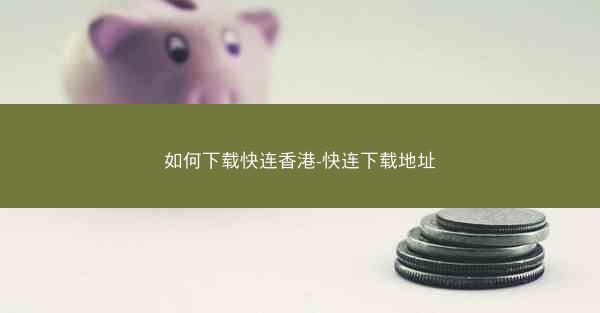本文旨在探讨leave behind和leave in这两个短语在英语中的用法和区别。通过分析这两个短语的含义、常见用法以及在实际语境中的应用,文章旨在帮助读者更好地理解这两个短语的用法,并在日常交流中正确运用。 一、leave behi...

本文旨在探讨leave behind和leave in这两个短语在英语中的用法和区别。通过分析这两个短语的含义、常见用法以及在实际语境中的应用,文章旨在帮助读者更好地理解这两个短语的用法,并在日常交流中正确运用。
一、leave behind的含义与用法
Leave behind是一个动词短语,意为留下、遗留。它通常用于描述某人或某物在离开某个地方或某个情境时留下的东西。
1. 留下物品
- When we moved to a new house, we left behind some old furniture.
- 我们搬家时留下了一些旧家具。
2. 留下痕迹
- The storm left behind a trail of destruction.
- 暴风雨留下了一片破坏的痕迹。
3. 留下记忆
- The trip left behind beautiful memories.
- 旅行留下了美好的回忆。
二、leave in的含义与用法
Leave in也是一个动词短语,意为留下、保留。它通常用于描述某物被保留在某个地方或某个状态中。
1. 留在原地
- Please leave the books in the classroom.
- 请把书留在教室里。
2. 留在原状态
- Leave the cake in the refrigerator until it's cold.
- 把蛋糕放在冰箱里直到它变冷。
3. 留在原位置
- The dog left its toys in the living room.
- 狗把玩具留在了客厅。
三、leave behind与leave in的用法对比
1. 留下与保留的区别
- Leave behind强调的是某物被遗留下来,通常与离开某个地方或情境有关。
- Leave in则强调的是某物被保留下来,通常与某个地方或状态有关。
2. 语境差异
- Leave behind常用于描述具体物品或痕迹,如leave behind some old furniture。
- Leave in常用于描述抽象概念或状态,如leave the cake in the refrigerator。
3. 情感色彩
- Leave behind有时带有一定的负面情感,如遗憾、失落等。
- Leave in则较为中性,没有明显的情感色彩。
四、leave behind与leave in的常见搭配
1. leave behind the past
- 放弃过去
2. leave behind the old habits
- 放弃旧习惯
3. leave in the morning
- 早上留下
4. leave in the original state
- 保持原状
5. leave in the room
- 留在房间里
五、leave behind与leave in的实际应用
1. leave behind的例子
- After the party, we left behind a mess to clean up.
- 聚会结束后,我们留下了一堆要清理的乱糟糟的东西。
2. leave in的例子
- I left in my phone in the hotel room.
- 我把手机留在了酒店房间里。
通过对leave behind和leave in这两个短语的详细阐述,我们可以看出它们在含义、用法和语境上的差异。正确运用这两个短语,可以使我们的表达更加准确、生动。在日常生活中,我们要注意区分这两个短语的用法,避免混淆。通过积累更多类似的表达,我们可以提高自己的英语水平。




















